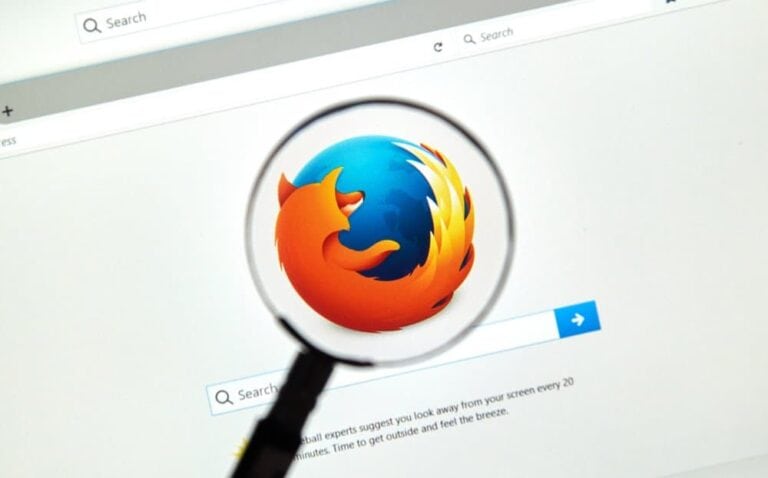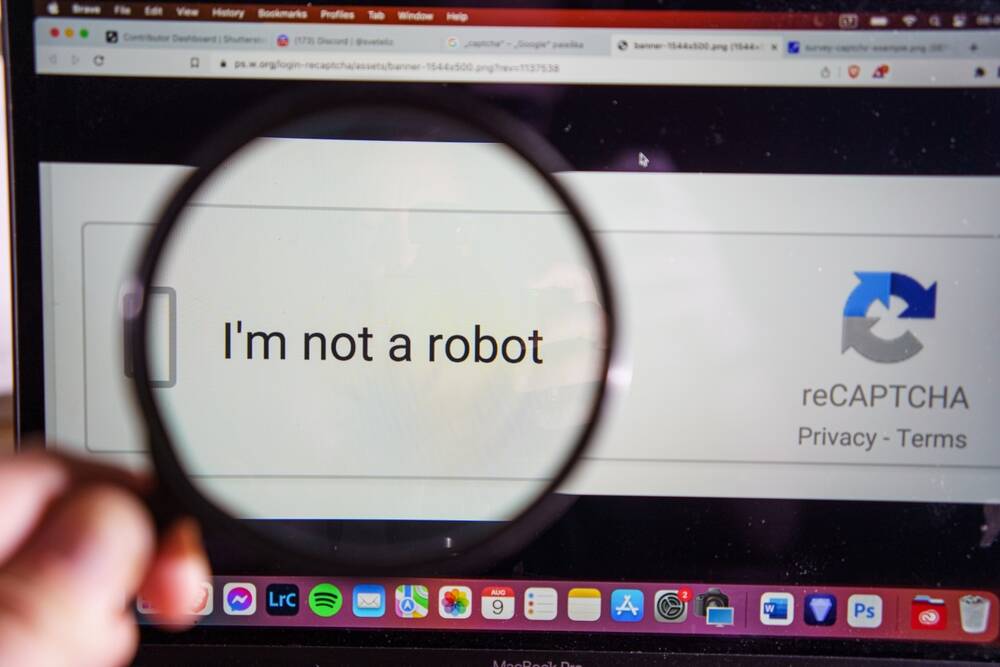What would you think if an author told you they would have written a book, but they wouldn’t bother because it would be available to be borrowed for free from a library? You’d probably think they were delusional. Yet that argument has now carried the day in putting a knife into the back of the extremely useful Open Library from the Internet Archive.
The Second Circuit has upheld the lower court ruling and found that the Internet Archive’s Open Library is not fair use and therefore infringes on the copyright of publishers (we had filed an amicus brief in support of the Archive asking them to remember the fundamental purpose of copyright law and the First Amendment, which the Court ignored).
Even though this outcome was always a strong possibility, the final ruling is just incredibly damaging, especially in that it suggests that all libraries are bad for authors and cause them to no longer want to write. I only wish I were joking. Towards the end of the ruling (as we’ll get to below) it says that while having freely lent out books may help the public in the “short-term” the “long-term” consequences would be that “there would be little motivation to produce new works.”
[…]
As you’ll recall, the Open Library is no different than a regular library. It obtains books legally (either through purchase or donation) and then lends out one-to-one copies of those books. It’s just that it lends out digital copies of them. To keep it identical to a regular library, it makes sure that only one digital copy can be lent out for every physical copy it holds. Courts have already determined that digitizing physical books is fair use, and the Open Library has been tremendously helpful to all sorts of people.
The only ones truly annoyed by this are the publishers, who have always hated libraries and have long seen the shift to digital as an open excuse to effectively harm libraries. With licensed ebooks, the publishers have jacked up the prices so that (unlike with regular books), the library can’t just buy a single copy from any supplier and lend it out. Rather, publishers have made it prohibitively expensive to get ebook licenses, which come with ridiculous restrictions on how frequently books can be lent and more.
[…]
The key part of the case is whether or not the Internet Archive’s scanning and lending of books is fair use. The Second Circuit says that it fails the fair use four factors test. On the question of transformative use, the Internet Archive argued that because it was using technology to make lending of books more convenient and efficient, it was clearly transformative. Unfortunately, the court disagrees:
We conclude that IA’s use of the Works is not transformative. IA creates digital copies of the Works and distributes those copies to its users in full, for free. Its digital copies do not provide criticism, commentary, or information about the originals. Nor do they “add[] something new, with a further purpose or different character, altering the [originals] with new expression, meaning or message.” Campbell, 510 U.S. at 579. Instead, IA’s digital books serve the same exact purpose as the originals: making authors’ works available to read. IA’s Free Digital Library is meant to―and does―substitute for the original Works
The panel is not convinced by the massive change in making physical books digitally lendable:
True, there is some “change” involved in the conversion of print books to digital copies. See Infinity Broadcast Corp. v. Kirkwood, 150 F.3d 104, 108 n.2 (2d Cir. 1998) (“[A] change in format . . . is not technically a transformation.”). But the degree of change does not “go beyond that required to qualify as derivative.” Warhol II, 598 U.S. at 529. Unlike transformative works, derivative works “ordinarily are those that re-present the protected aspects of the original work, i.e., its expressive content, converted into an altered form.” Google Books, 804 F.3d at 225. To be transformative, a use must do “something more than repackage or republish the original copyrighted work.” Authors Guild, Inc. v. HathiTrust, 755 F.3d 87, 96 (2d Cir. 2014); see also TVEyes, 883 F.3d at 177 (“[A] use of copyrighted material that merely repackages or republishes the original is unlikely to be deemed a fair use.” (internal quotation marks omitted)). Changing the medium of a work is a derivative use rather than a transformative one.
But, that’s not what a derivative work is? A derivative work is not scanning a book. Scanning a book is making a copy. A derivative work is something like making a movie out of a book. So, this analysis is just fundamentally wrong in saying that this is a derivative work, and thus the rest of the analysis is kinda wonky based on that error.
Tragically, the Court then undermines the important ruling in the Betamax/VCR case that found “time shifting” (recording stuff off your TV) to be fair use, even as it absolutely was repackaging the same content for the same purpose. The Court says that doesn’t matter because it “predated our use of the word ‘transformative’ as a term of art.” But that doesn’t wipe out the case as a binding precedent, even though the Court here acts as though it does.
Sony was decided long before modern technology made it possible for one to view virtually any content at any time. Put in context, the “time-shifting” permitted by the defendant’s tape recorders in Sony was a unique efficiency not widely available at the time, and certainly not offered by the plaintiff-television producer.
So because content is more widely available, this kind of shifting is no longer fair use? How does that make any sense at all?
Then the Court says (incorrectly — as we’ll explain shortly) that there’s really nothing new or different about what the Open Library does:
Here, by contrast, IA’s Free Digital Library offers few efficiencies beyond those already offered by Publishers’ own eBooks.
The problem, though, is that this isn’t quite true. Getting licensed ebooks out from libraries is a difficult and cumbersome practice and requires each library to have a vast ebook collection that none can possibly afford. As this lawsuit went down, more and more authors came out of the woodwork, explaining how research they had done for their books was only possible because of the Open Library and would have been impossible via a traditional library given the lending restrictions and availability restrictions.
[…]
From there, the Court explores whether or not the Internet Archive’s use here was commercial. The lower court said it was because, ridiculously, the Internet Archive had donation links on library pages. Thankfully, the panel here sees how problematic that would be for every non-profit:
We likewise reject the proposition that IA’s solicitation of donations renders its use of the Works commercial. IA does not solicit donations specifically in connection with its digital book lending services―nearly every page on IA’s website contains a link to “Donate” to IA. App’x 6091. Thus, as with its partnership with BWB, any link between the funds IA receives from donations and its use of the Works is too attenuated to render the use commercial. Swatch, 756 F.3d at 83. To hold otherwise would greatly restrain the ability of nonprofits to seek donations while making fair use of copyrighted works. See ASTM I, 896 F.3d at 449 (rejecting the argument that because free distribution of copyrighted industry standards enhanced a nonprofit organization’s fundraising appeal, the use was commercial).
It also disagrees that this use is commercial because there’s a referral link for people to go and buy a copy of the book, saying that’s “too attenuated”:
Any link between the funds IA receives from its partnership with BWB and its use of the Works is too attenuated for us to characterize the use as commercial on that basis
Even so, the lack of commerciality isn’t enough to protect the project on the first factor analysis, and it goes to the publishers.
[…]
There is a lot more, but it’s safe to say that the courts in the US and copyright laws have run amok and are only feeding the rich to the detriment of the poor. Denying people libraries is a step beyond.









